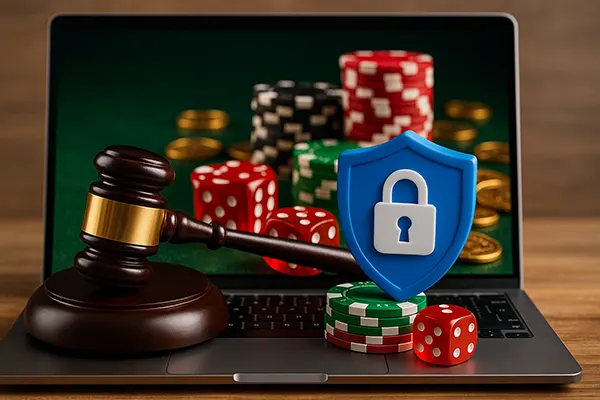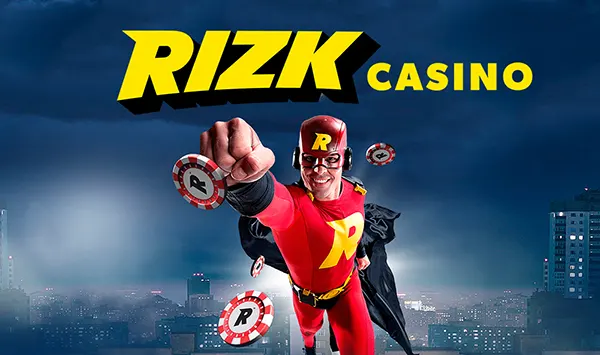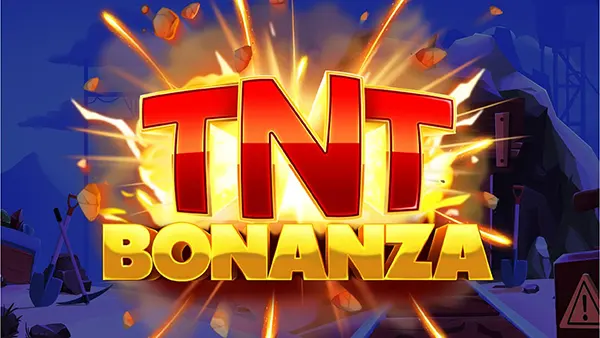
Online Casinos with or without a Licence: How to Identify a Safe Gaming Platform
Online gambling has become an essential form of entertainment for millions, but not all online casinos operate with the same level of security and transparency. One of the primary distinctions lies in whether a casino holds a recognised licence. Understanding the importance of licensing, and how to verify it, is key to ensuring a safe and responsible gaming experience.
Why Licensing Matters in Online Gambling
Licensing is a legal requirement for legitimate online casinos in most jurisdictions. A licensed platform is subject to regulatory oversight, ensuring that it adheres to strict operational, technical, and financial standards. These controls protect users from fraud, ensure fairness in games, and safeguard personal data through robust cybersecurity measures.
Casinos operating without a licence often avoid compliance with consumer protection laws, which significantly increases the risk of unfair treatment. Players might face delayed withdrawals, rigged games, or even complete loss of deposited funds. In such environments, there’s no external body to resolve disputes or enforce fair play.
Trusted regulatory bodies, such as the UK Gambling Commission, the Malta Gaming Authority, and Spelinspektionen in Sweden, impose regular audits and enforce penalties on non-compliant operators. A licence from any of these bodies signals a commitment to safe and ethical gambling practices.
Common Characteristics of Licensed Casinos
Licensed casinos are transparent about their credentials. Their licensing information is usually displayed in the website footer, linking directly to the regulator’s database for verification. This demonstrates accountability and trustworthiness.
These platforms are also required to offer responsible gambling tools. This includes deposit limits, self-exclusion options, and clear access to support services such as GamCare or BeGambleAware. Licensed operators are invested in player well-being as part of their legal obligations.
Furthermore, software providers working with licensed casinos must also be certified, which guarantees that their games pass fairness tests and comply with technical standards. This multilayered approach adds another dimension of protection for the player.
How to Recognise an Unlicensed or Risky Casino
Identifying an unlicensed casino often starts with the absence of transparent information. If a website does not clearly state its licensing details or provides vague or unverifiable claims, it’s a red flag. Fraudulent platforms often rely on anonymity to operate under the radar.
Another warning sign is the use of aggressive marketing tactics. These may include overly generous bonuses with unreasonable wagering requirements, or misleading offers that change after registration. Legitimate platforms are bound by advertising standards and must disclose terms upfront.
Poor website security is another indicator. If a site lacks HTTPS encryption or fails to provide a clear privacy policy, it exposes users to data theft. Secure, regulated casinos will always prioritise encryption and display relevant trust seals or certificates to prove it.
Issues Commonly Reported by Players
Players using unregulated platforms frequently report unresolved complaints. These range from missing payouts and disappearing balances to account closures without explanation. With no licensing authority to escalate to, victims have limited options.
Inconsistent terms and conditions are also a hallmark of shady operations. Some sites alter rules post-registration or introduce unexpected restrictions that weren’t previously disclosed. This erodes user confidence and creates a high-risk environment.
Additionally, such casinos may ignore self-exclusion requests or continue marketing to users who’ve opted out, further illustrating their lack of regulatory compliance and ethical boundaries.

Verifying a Casino’s Licensing Status
To verify if a casino is properly licensed, users should visit the website of the mentioned regulatory body and cross-check the name of the operator. Reputable authorities maintain up-to-date registries searchable by brand or licensee.
Players should also check third-party review sites with a strong editorial reputation. These sources often conduct independent investigations into casinos’ licensing, security practices, and user feedback, helping users make informed choices.
Browser plugins or regulatory check tools can provide real-time information about a site’s ownership, jurisdiction, and licence number. Using these tools before depositing funds can prevent many common issues associated with rogue platforms.
Staying Informed as a Responsible Player
Following gambling news portals and consumer protection blogs helps users stay aware of newly blacklisted operators or revoked licences. Regulatory bodies also publish public warnings and enforcement updates, which should be reviewed periodically.
Responsible players set clear limits and avoid chasing bonuses without understanding the fine print. Informed decisions are always safer, and players should be cautious of any platform that urges immediate action or hides key terms behind multiple clicks.
Ultimately, trust is earned through transparency and consistency. Casinos that clearly communicate their licensing status, follow fair policies, and invest in customer support will always stand apart from those that aim to exploit their users.




